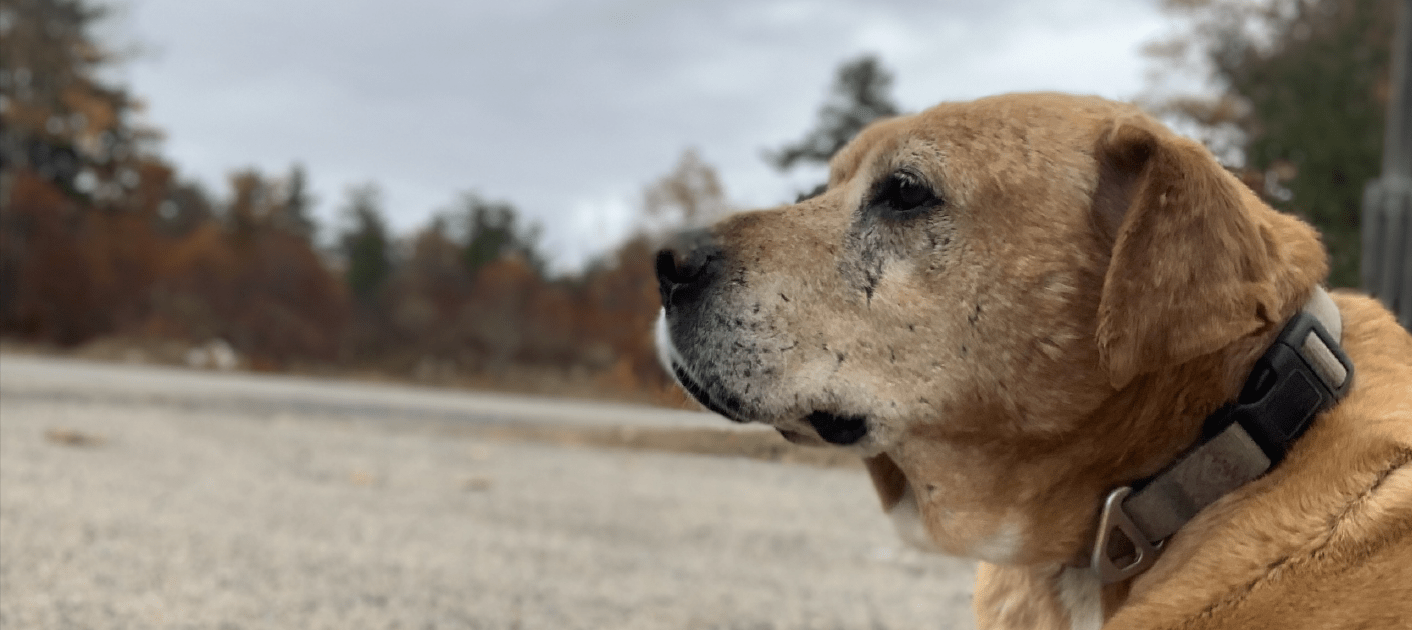For some people from vulnerable populations, a pet can make all the difference – but when those pets become ill or injured, veterinary care is too often out of reach.
Now, a new $1 million fund will help subsidize veterinary care for pets in need. Remy’s Fund is part of a larger $11 million Kim and Stu Lang Community Healthcare Partnership Program (CHPP) aimed at making veterinary care more affordable and accessible for underserved communities, such as people who experience poverty and trauma and Indigenous communities. Remy’s Fund is named for one of the Langs’ rescue dogs that received life-saving treatment at OVC.
“The human-animal bond is dramatically important, particularly for those experiencing disadvantage,” says Dr. Shane Bateman, interim director of Remy’s Fund. “The goal of Remy’s Fund is to help folks who don’t have access to veterinary care. What an amazing gift.”
Good prognoses wanted
Since the CHPP program was announced in 2020, Bateman has helped create a set of initial guidelines for how Remy’s Fund will be managed. For now, the fund will be directed toward communities where OVC has established relationships and has done volunteer work in the past, including two First Nations communities: Kettle & Stony Point First Nation and Walpole Island First Nation.
“We are still in the early days of establishing this fund, but for now it will be devoted to animals that have a good prognosis and one-time treatments that do not require ongoing or chronic care,” Bateman says. “We want to make choices that allow for as many happy outcomes as possible.”
While the plan is to eventually build more in-person relationships with other communities, Bateman says the team has relied more heavily on telemedicine during the COVID-19 pandemic. In some cases, they have been able to address issues such as injuries, illnesses and parasites virtually, and provide financial assistance through local veterinary clinics when needed.
“Remy’s Fund has been put to work rather quickly during the pandemic,” says Bateman. “When a client contacts us from a community that we have an established relationship with, we have been able to triage the situation virtually. If we feel they need specialized care and the family can get them to a nearby clinic, we provide financial support.”
Experiential learning for students
In past visits to communities, teams of veterinary students provided onsite visits with a focus on spay and neuter procedures and vaccination clinics, as well as medical care. In Spring 2021, Bateman travelled with a small group of students to Sagamok First Nation, one of many communities OVC is working to establish a relationship with. He says students provided all frontline care, made recommendations, and spoke with clients –all under veterinarian supervision. Bateman expects that within three years, once the CCHP curriculum changes are implemented at OVC, Remy’s Fund will be almost entirely managed by students.
“Remy’s Fund will do a lot of good work in these communities, and experiential learning at this level is profoundly engaging and formative for students,” says Bateman.
In addition to Indigenous communities, Remy’s Fund will play an important role in supporting pets for families and individuals experiencing poverty or trauma. Bateman will continue to build on existing relationships in these areas to ensure pets who need care are supported.
“For a person who has experienced trauma or violence by other humans, pets can be an important, loving, unconditional relationship in their life,” says Bateman. “Pets are critical to a person’s welfare and mental health, especially when other areas of their life are unstable. Our graduates will be better veterinarians and healthier in the work that we do by making a difference in the world in this way.”



